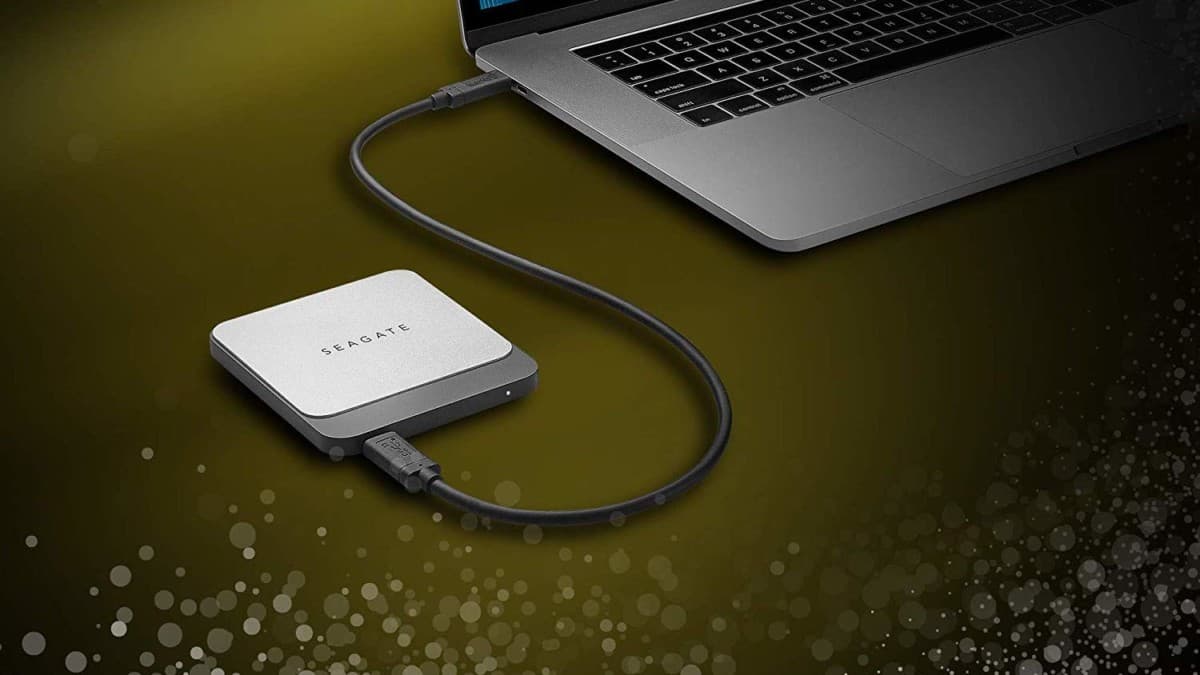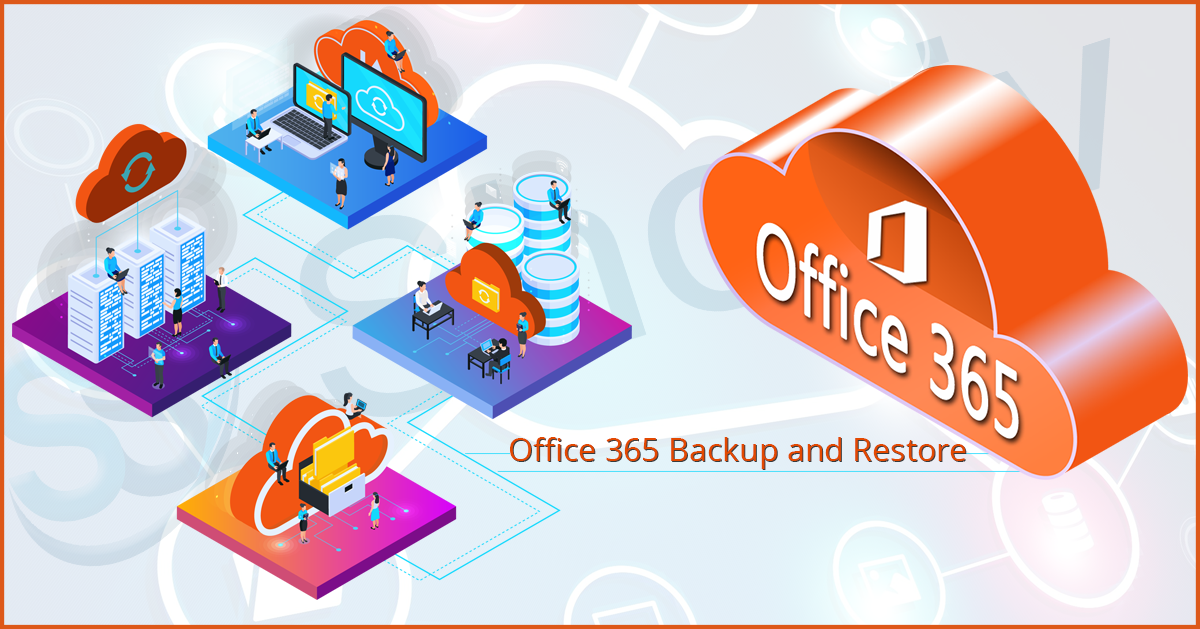When it comes to optimizing your PC’s performance, one of the most pivotal components is the storage device. PC storage devices are the backbone of your system, determining how quickly you can access your files, boot your operating system, and run applications. With a variety of options available, choosing the right storage device can be overwhelming. This comprehensive guide will delve into the different types of PC storage devices, their benefits, and tips for selecting the best one for your needs.
1. Hard Disk Drives (HDDs)
Hard Disk Drives (HDDs) have long been the go-to storage device for PCs. They utilize magnetic storage to read and write data on spinning platters. Here’s why HDDs remain popular:
- Cost-Effective: HDDs offer a high storage capacity at a lower cost per gigabyte compared to other storage options, making them ideal for users who need to store large amounts of data without breaking the bank.
- Capacity: With capacities reaching up to 18TB and beyond, HDDs provide ample space for extensive media libraries, software, and games.
- Durability: Modern HDDs are robust and reliable, although they are more susceptible to physical damage due to their mechanical parts.
Despite these advantages, HDDs have some drawbacks. They are slower than newer storage technologies, leading to longer boot times and slower data transfer rates. They also produce more noise and heat, which can affect overall system performance.
2. Solid State Drives (SSDs)
Solid State Drives (SSDs) have revolutionized PC storage with their speed and efficiency. Unlike HDDs, SSDs have no moving parts and use flash memory to store data. Here’s what makes SSDs a popular choice:
- Speed: SSDs offer significantly faster read and write speeds compared to HDDs. This translates to quicker boot times, faster application launches, and improved overall system responsiveness.
- Reliability: Without mechanical components, SSDs are less prone to physical damage and are more durable, especially in laptops and portable devices.
- Energy Efficiency: SSDs consume less power than HDDs, contributing to longer battery life in laptops and reducing energy costs in desktops.
However, SSDs tend to be more expensive per gigabyte than HDDs, and while their prices are decreasing, they still offer less storage capacity for the same price as HDDs.
3. NVMe SSDs
Non-Volatile Memory Express (NVMe) SSDs represent the cutting edge of storage technology. Utilizing the PCIe interface instead of the traditional SATA interface, NVMe SSDs provide unprecedented performance:
- Unmatched Speed: NVMe SSDs deliver read and write speeds up to six times faster than SATA SSDs, making them ideal for high-performance tasks like gaming, video editing, and 3D rendering.
- Low Latency: NVMe SSDs offer significantly lower latency, enhancing the performance of demanding applications and reducing load times.
- Compact Form Factor: NVMe drives are often available in M.2 and U.2 form factors, making them suitable for both desktops and laptops with limited space.
The primary downside of NVMe SSDs is their cost. They are more expensive than SATA SSDs and HDDs, but their performance benefits often justify the investment for power users and professionals.
4. Hybrid Drives (SSHDs)
Solid State Hybrid Drives (SSHDs) combine the large storage capacity of HDDs with the speed of SSDs. They achieve this by integrating a small amount of high-speed flash memory with traditional HDD storage. Key benefits of SSHDs include:
- Enhanced Performance: SSHDs use the flash memory to store frequently accessed data, resulting in faster boot times and improved system responsiveness compared to HDDs.
- Cost-Effective: SSHDs offer a good balance between storage capacity and performance at a reasonable price, making them a practical choice for budget-conscious users.
- Large Capacity: SSHDs provide large storage capacities similar to HDDs, suitable for storing extensive libraries of files and applications.
While SSHDs offer a compromise between speed and capacity, they do not match the performance of pure SSDs. They are best suited for users who need a balance between cost, performance, and storage space.
5. External Storage Devices
External storage devices are essential for backups, data transfer, and expanding your PC’s storage capacity. They come in various forms, including external HDDs, SSDs, and network-attached storage (NAS) devices. Benefits of external storage include:
- Portability: External drives are portable, allowing you to carry your data and access it on multiple devices.
- Easy Backup: They provide an easy way to back up important files and protect against data loss.
- Expansion: External drives offer a simple solution for expanding your PC’s storage without opening the case.
External HDDs are more affordable and provide large storage capacities, while external SSDs offer faster data transfer rates and are more durable. NAS devices are ideal for users who need centralized storage accessible by multiple devices over a network.
6. Cloud Storage
Cloud storage offers an alternative to physical storage devices by allowing you to store and access your data online. Major advantages of cloud storage include:
- Accessibility: Access your files from anywhere with an internet connection, using various devices.
- Scalability: Easily expand your storage capacity without worrying about physical hardware limitations.
- Data Protection: Cloud storage providers often offer robust security measures and automatic backups to protect your data.
However, cloud storage relies on internet connectivity and may involve ongoing subscription costs. It is best used in conjunction with physical storage devices for a comprehensive data management strategy.
Choosing the Best PC Storage Device
Selecting the best PC storage device depends on your specific needs and budget. Here are some tips to help you make an informed decision:
- Assess Your Storage Needs: Determine how much storage you need based on the types of files you work with and the applications you use.
- Consider Speed Requirements: For general use, HDDs or SATA SSDs might be sufficient. For high-performance tasks, consider NVMe SSDs.
- Budget Constraints: Balance your storage requirements with your budget. SSHDs and SATA SSDs offer good performance at a reasonable cost.
- Reliability and Durability: If you need durable storage for a laptop or portable device, opt for SSDs.
- Backup Solutions: Use a combination of internal and external storage devices along with cloud storage for comprehensive data protection.
Conclusion
PC storage devices play a crucial role in the performance and usability of your system. From traditional HDDs to cutting-edge NVMe SSDs, each type of storage device offers unique benefits tailored to different needs and budgets. By understanding the strengths and limitations of each option, you can choose the best PC storage device to enhance your computing experience and ensure your data is stored securely and efficiently. We recomment to choose Bulk Devices USA.
Whether you are a casual user, a gamer, or a professional, selecting the right storage solution can make a significant difference in your PC’s performance and your overall satisfaction. So, take the time to evaluate your needs and invest in the best PC storage devices that will serve you well into the future.
Click here to read more.



